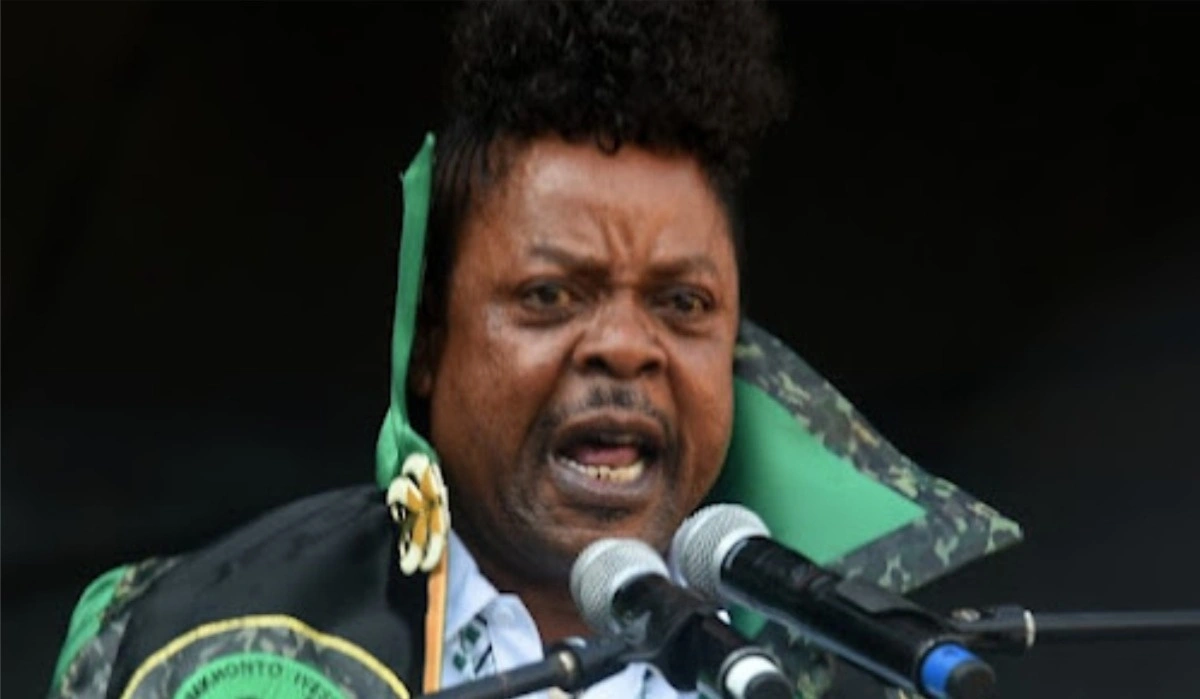Papa Penny Defends Himself After Mockery Over Poor English in Parliament
MK Party MP Gezani Kobane, popularly known as Papa Penny, has spoken out following criticism over his difficulty articulating himself in English during a recent parliamentary committee meeting.
Kobane, who has no formal education and whose home language is Tsonga, said he sees no issue with his use of English and plans to speak in Tsonga during future meetings.
Confusion at Portfolio Committee Meeting
During a meeting of the portfolio committee on sport, arts, and culture, Kobane questioned South African Football Association (Safa) officials about allegations of fraud and mismanagement involving Safa funds. However, his delivery sparked confusion as he struggled to pronounce certain English words.
Clips of the meeting circulated online, triggering a social media debate on the language standards expected in Parliament and how Kobane came to be appointed as a Member of Parliament.
‘I’m Not English’: Papa Penny Responds
Speaking to TimesLIVE, Kobane explained that he had written his questions in Tsonga and had them translated ahead of the meeting.
“The issue is not that I can’t speak English, it’s just not my home language, I’m not English.
“I don’t have to speak perfect English because I’m not English. I don’t see anything wrong with whether I’m able to speak English or not, but I’m more comfortable speaking my own language.”
Plans to Use Tsonga Going Forward
Kobane, who joined Parliament in 2024, said that moving forward he intends to speak in Tsonga during parliamentary sessions and expects Parliament to make provision for translation services.
“In future I won’t speak English in parliamentary meetings, I’ll speak my own language. I want to use my language in Parliament as we have 11 official languages.”
His remarks have reignited broader conversations about language inclusivity and representation in South Africa’s democratic institutions.

